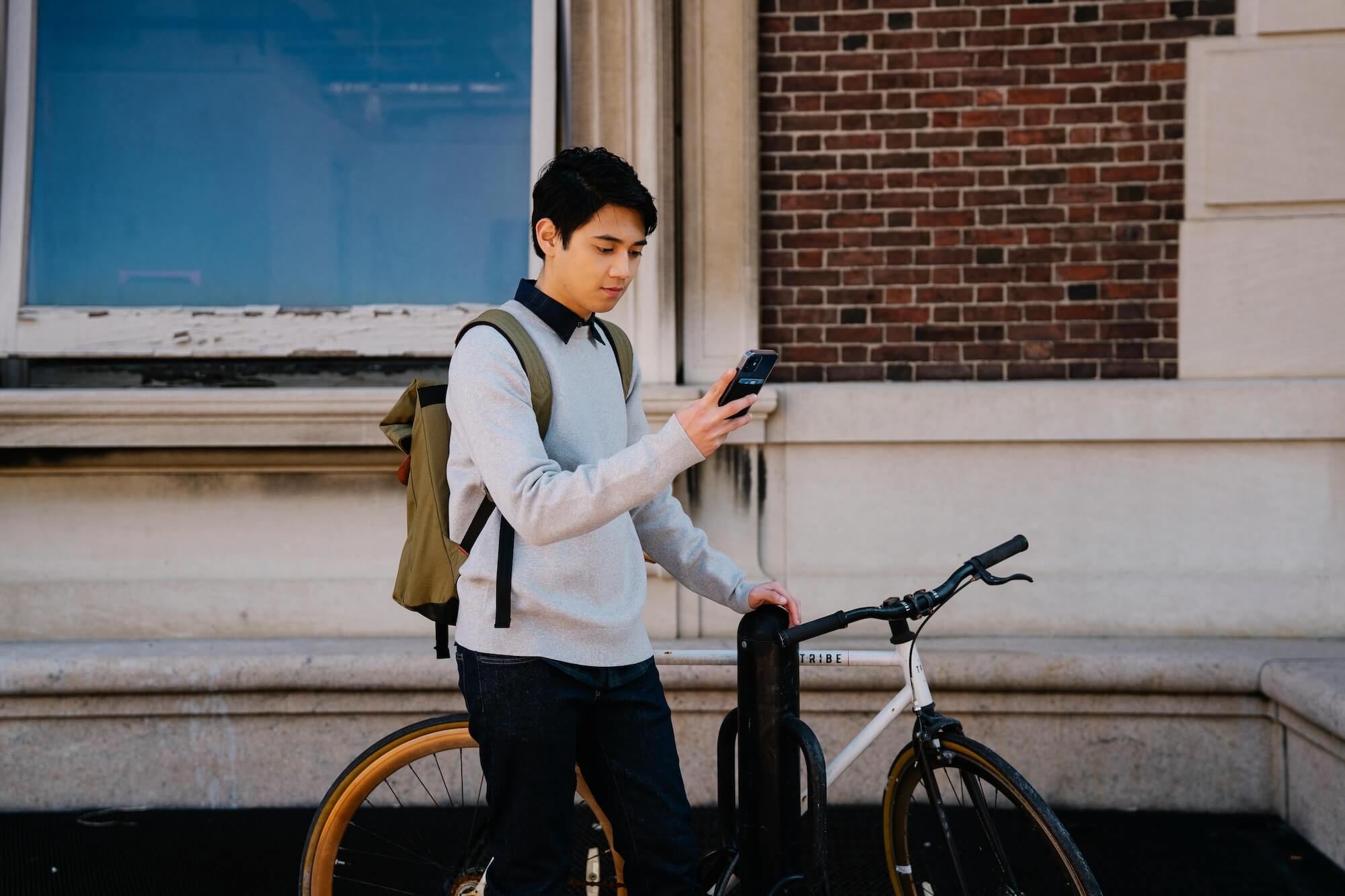The Emerging Role of AI Detection in Colleges
The college admissions process is becoming increasingly competitive, with thousands of students competing for a limited number of spots at prestigious institutions. In recent years, and particularly since the introduction of ChatGPT, artificial intelligence (AI) has begun to play a more substantial role in shaping this process—making waves in the world of higher education. However, as AI technologies become more integrated into college admissions, so does the need for AI detectors—especially when it comes to essays. But how often are these detectors used and are they effective?
The Advantages of AI Use in College Admissions
Colleges are finding advantages to using AI in the admissions process. Here are a few:
- Application Screening. AI can help admissions officers sort through large volumes of applications by analyzing and scoring essays, personal statements, and even academic records. Certain algorithms can quickly flag strong candidates based on criteria such as GPA, extracurricular activities, and standardized test scores.
- Predictive Analytics. Colleges can now use AI to predict the likelihood that an applicant will succeed in their institution AI models can analyze data from previous students, such as academic performance, engagement in campus life, and even postgraduation success, to identify patterns that suggest a student is a good fit for the school.
- Personalization. AI-powered systems can help colleges create personalized experiences for prospective students. For example, chatbots can answer questions about the admissions process, provide information on financial aid, and guide students through the application steps.
- Essay Evaluation. Although AI-generated content may not always be considered plagiarism, some schools use AI detection tools to assess essays as part of the application process. These tools can evaluate grammar, sentence structure, coherency, consistency, and originality—identifying potential AI-generated content by detecting language patterns and other features commonly found in such text.
The Growing Need for AI Detectors in College Admissions
AI is indeed changing the admissions landscape in positive ways, but it has also generated concerns over the fairness and integrity of student submissions. Colleges want to admit students for who they are, and when it comes down to it, “bot-written” essays simply don’t make the grade.
Writing a college application essay is more than submitting a final product—it is about the journey you took to get there, which is a unique, personal experience that AI cannot address. Still, some students are tempted to submit AI-generated work. With the rise of AI-powered writing tools, many institutions have started using AI detectors to flag essays and other application information crafted through AI programs. Essentially, it’s using AI to catch itself.
AI detection tools look for patterns and inconsistencies in text that are typical of AI-generated content. One of the first flags may be text that lacks the personal touch that typically comes with human writing. The programs also flag linguistic features that are characteristic of AI-generated text—such as overly formal language or repetitive sentence structures.
Concern over the use of AI tools to write essays, personal statements, and recommendation letters has increased the need for AI detection. As technology improves, it is expected to play a more important role in college admissions. Although AI detectors are not currently used across all college admissions processes, they are gaining popularity—particularly in highly competitive schools that want to ensure applicants are submitting authentic work.
The goal is to flag students who may have an unfair advantage over those writing their application material themselves. As more schools become aware of the potential for misuse, AI detectors are expected to grow in popularity. Although there are no statistics at present on how often they are currently used in college admissions, reports indicate that some schools are currently using them on a case-by-case basis.
The Challenges with AI Detection
There are several challenges and considerations surrounding the use of AI detectors in college admissions. These include:
- False positives. AI detectors are not foolproof. While their purpose is to flag AI-written content, they can sometimes target human-written writing. This could feasibly lead to unjust rejections or penalties.
- Privacy concerns. If AI detectors require access to students’ personal data in order to function, privacy issues could be raised. Schools need to consider this with respect to applicants’ privacy rights.
- Accessibility and equity. Not all students have equal access to resources needed to compete in the tech-driven admissions process—including AI programs. Students from low-income backgrounds or underprivileged schools could be at a disadvantage when competing with those who do have access if AI detectors aren’t used or fail to flag those who are using AI.
- Trust. There is some concern that the use of AI detectors might undermine trust in the admissions process. Applicants might feel that their work is being scrutinized too intensely and that they are being unfairly penalized.
The Future of AI Detection in College Admissions
AI is changing the way colleges and universities approach admissions. In the future, we will likely see greater integration of AI when it comes to ensuring fairness and maintaining academic integrity. AI detectors will no doubt be an important part of this process—ensuring that applicants are submitting original work while making certain that it does not create barriers for applicants or lead to unjust outcomes.
Ethical questions about privacy, fairness, and accessibility must be addressed as technology continues to develop. In the vastly changing world of AI, one thing is for sure: the college application process will continue to be affected, and the use of AI detectors is likely to increase.
At Moxie College Counseling, we recognize that schools are looking for authenticity in prospective students. Our team of counselors—along with essay, resume, and interview specialists—will help you navigate the college application process with sound advice and valuable resources for completing your applications. For more information, please contact us today!
Share this article

Follow us
A quick overview of the topics covered in this article.
Latest articles
Reading Time : 6 mins
Reading Time : 6 mins
Reading Time : 0 mins




